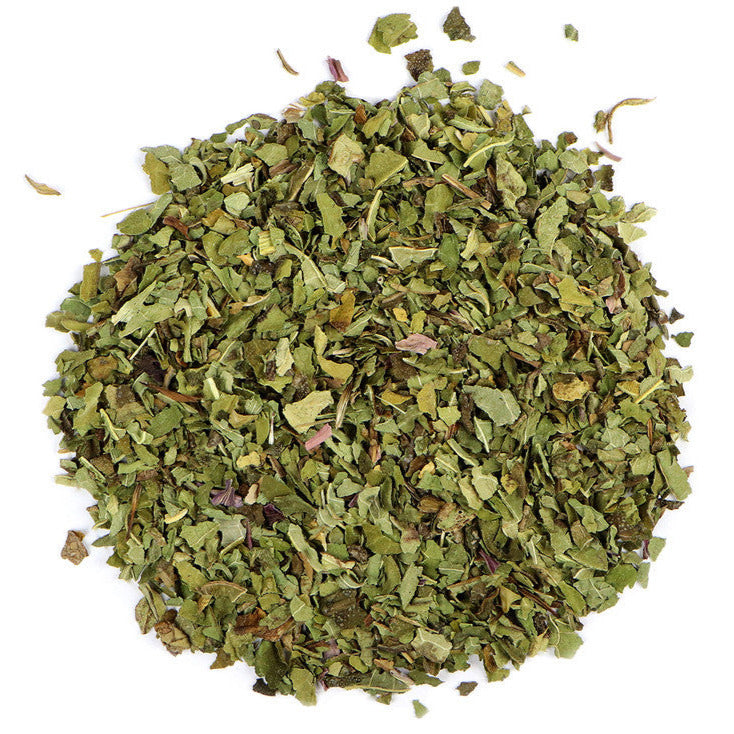
Echinancea Purpurea Herb
Echinacea purpurea is commonly referred to as purple coneflower after its brilliant violet petals and prominent spiny seed head. This species of echinacea has been used extensively by traditional herbalists and its popularity continues to grow. Echinacea herb is often combined with a variety of plants in botanical infusion blends. Our organic echinacea leaf can also be steeped as echinacea tea, macerated in oils for topical applications, and tinctured.
Echinacea was used extensively by traditional herbalists and Native Americans alike in North America for generations, echinacea eventually gained popularity in Europe in the 1900's. One of its main uses is to support healthy immune function, although many of its historical uses were related to topical applications. It is now one of the most available dietary supplements in health food stores and continues to be a subject of many scientific studies investigating its immune support properties.
Echinacea supports immune health to help you stay feeling your best and supports the body’s immune defenses to stay feeling healthy.
Echinacea was used at length by Indigenous people and traditional herbalists in the United States and in Canada. One of the first written accounts was by an equestrian from Louisiana who used this herb topically on horses. According to the ethnobotanical work, Uses of Plants by the Indians of the Missouri River Region, written in 1914 by Melvin Gilmore, "echinacea seems to have been used as a remedy for more ailments than any other plant." A variety of tribes, including the Pawnee, Dakota, Omaha-Winnebego relied heavily upon this plant. It was used for situations ranging from swellings to distemper in horses. This herb was administered as a fresh juice, herbal smudge or smoke, and often either the leaf or root was simply chewed on. Echinacea was used traditionally for supporting the immune system and also for topical use.
DIY Product Uses & Recipes
Immune-Support Tea: Brew echinacea leaves or flowers into a warm, comforting tea to help support your body’s natural defenses.
Herbal Tinctures: Craft an alcohol or glycerin based echinacea tincture for a potent, shelf-stable immune ally.
Soothing Poultices: Use fresh or dried echinacea leaves to create a poultice for minor skin irritations or swelling.
Infused Oils: Steep echinacea in a carrier oil for use in salves or lotions to promote healthy skin.
Herbal Smudges: Dry and bundle echinacea leaves for a cleansing smudge stick to use in rituals or for energetic support or use bulk herb for a loose-leaf incense.
Decorative Bouquets: Add dried echinacea flowers to wreaths or arrangements for a rustic and healing aesthetic.
Pair this herb with Peppermint or Mullein for respiratory health, Chamomile, Lemon Balm or Calendula for soothing skin, or Licorice Root and Ginger to enhance its flavor. These combinations work well in teas, tinctures, syrups, or even topical preparations, depending on your needs.
Organic │ Kosher
Sold by the ounce.
✩ All online orders are packed in sanitized & upcycled containers. This allows us to keep costs down while still providing you with quality products! If you prefer a new container, please add one to your order and email us letting us know to fill your new bottle with the proper product.
KHS recommends that you consult with a qualified healthcare professional before using herbal products, particularly if you take other medications, or if you are nursing, pregnant, or expecting to become pregnant.
This information is for education purposes, and is not intended to diagnose, treat, cure, or prevent any disease. This information has not been evaluated by the Food and Drug Administration

